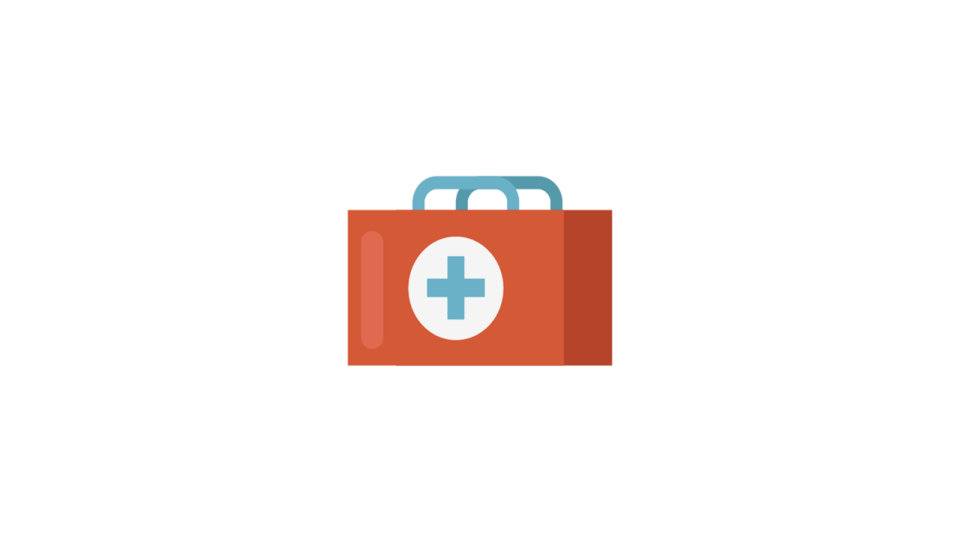Electrical fires
Fires that involve electrical appliances, plug sockets, or cords are different than other fires. Because water conducts electricity, throwing water on an electrical fire can be dangerous and cause the fire to spread. Here's what to do:
- NEVER use water on an electrical fire.
- Tell an adult to turn off the main electrical switch (at the switchboard) if they can.
- Call 111 and ask for the fire service (tell them it’s an electrical fire).
- If the fire can be put out safely, ask an adult to use a proper chemical fire extinguisher. If the fire cannot be put out safely, leave the house and take everyone with you.
Electric shock
If someone’s been shocked, there's a chance they might still be in contact with electricity (except for lightning strikes). Do NOT touch the person or anything they’re touching. You could become part of electricity's path and be shocked or even killed. Take these steps:
- Tell an adult to turn off the main electrical switch (at the switchboard) if they can.
- Call 111 and ask for an ambulance. Tell them it's an electrical accident.
- When the victim is not in contact with the source of electricity and you’re sure there is no danger, tell an adult to give electrical first aid. This may include CPR.
- Don’t touch burns, break blisters, or remove burned clothing. Electric shock may cause burns inside the body, so be sure the person is taken to hospital straight away.
Downed power lines
⚠️ Downed power lines can hurt or kill you, even if they don’t look or sound dangerous.
If you see a power line on or near the ground, stay far away and keep well clear of anything that might be touching the line – like a tree, fence, or car. Tell your friends not to go anywhere near it and ask an adult to call us straight away.
If a power line touches your car
If you’re in a car when a power line falls on it, STAY IN THE CAR.
- Warn other people to stay away. Call 111, or ask a passer-by to call for you.
- Stay there until rescue workers arrive. You are safer inside the car because the rubber tyres help prevent electricity from going to the ground.
- If you must leave the car because of fire or other danger, DO NOT STEP OUT of the car. If you touch the car and the ground at the same time, you will be shocked. Instead, JUMP away from the car so no part of you touches the car and the ground at the same time. Land with your feet together, and shuffle away keeping both feet on the ground.
- Do not try to help someone else from the car while you’re standing on the ground. If you do, you will become a path for electricity and could be hurt or killed.
Once you jump from a car with a power line on it, the danger may not be over. Electricity can spread out through the ground in a circle from any downed line. The voltage drops as you move away from the point of contact. If one part of your body touches a high voltage zone while another part of your body touches a low voltage zone, you will become a conductor for electricity (shown here in the context of a tree touching power lines). This is why you should shuffle away from the line until you're at least 10 metres away from it, keeping your feet close together.
Lightning
A single lightning bolt can carry up to up to one billion volts of electricity – that's as much power as 80 million car batteries!
Lightning can travel through wires and pipes, so keep away from wiring, plumbing (including sinks and showers) and windows. Don't use a corded phone or touch any electrical appliances. Stay indoors for at least 30 minutes after you hear the last thunder.
 When thunder roars,
When thunder roars,
go indoors!
If you’re outside when a storm comes, go inside straight away.
You are safest in an enclosed building – do NOT take cover in car ports, verandahs, sheds or other outdoor shelters.
If you can't get indoors:
- Get into a hardtop car (not an open vehicle) of someone you trust. Close the windows and don't use the radio.
- Avoid trees, tall objects, and anything metal such as flagpoles, metal seats, fences, golf clubs, streetlight poles, etc.
- Avoid rivers, lakes, and swimming pools. If you’re boating, head to shore.
- Avoid wide-open areas, including sports fields.
It's perfectly safe to touch someone who's been struck by lightning to give them CPR, as long as the person giving CPR isn't putting themselves at risk of a strike.
In an emergency
please contact our 24 hour
Electricity Emergency Line



To help improve our service, what feedback can you give us about this page?